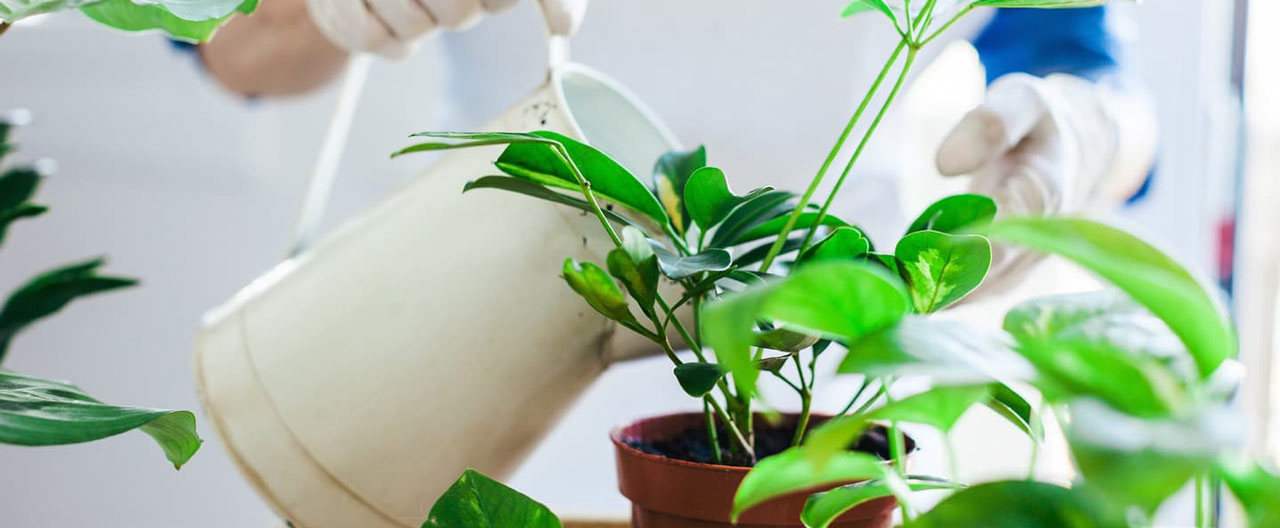- Individuals & Families
- Businesses
- Brokers

With winter on its way out, you may be ready for some spring cleaning.

Make sure you protect your classic cars from damage or additional wear and tear.

Keep your important papers and small valuables away from burglars, fire or natural disaster.

For over a hundred years, we’ve offered unparalleled stability and protection for small boats, yachts, luxury mega-yachts, and more.

Here are some things you can do to assist firefighters and minimize the damage to your home.

At their worst, disputes between professional service firms and their clients can lead to costly lawsuits.
If you've never been through a tornado, you may not know what to expect. Consider this your instruction manual.
How to Prepare Before a Tornado
Tornadoes can often come quickly, without warning. That's why it's important to prepare ahead of time if there are warnings or you are in an area prone to tornadoes. Follow these guidelines:
- Stay informed of approaching storms by monitoring Environment Canada public weather announcements or local television and radio stations for updates and evacuations
- Keep all important documents, such as legal papers, birth certificates, marriage licence, financial papers and insurance policy information in a safety deposit box or in a bolted safe in an interior closet in your home.
- Maintain an emergency supply kit that will sustain you and your family for a 72-hour period. This kit should include flashlights, a portable radio, extra batteries, non-perishable food, bottle water, cash, blankets, clothing and toiletries. Store your kit in a place commonly known to all family members. Replace and/or refresh items in your kit every six months.
- Decide in advance where you will take shelter. It could be a local community shelter, your own underground storm cellar, or in-residence "safe" room.
- Become familiar with your community's severe weather warning system and ensure that every family member knows what to do when a storm "watch" or "warning" sounds. Select a common meeting place and single point of contact for all family members in case you are separated. If you have pets, create a plan for them as well.
- Put as many walls between your family and the outside as possible. A "safe" room is the best form of protection for your family and valuables. It can be added to an existing home or incorporated into a new home design. If you do not have a "safe" room, a room in the basement or small interior room without windows is recommended.
- Secure the property by installing dual glazed windows, hurricane-rated exterior doors and windows, a sturdy garage door, extra nails to roof coverings and straps to the roof assembly.
- Replace rock/gravel landscaping material with shredded bark and keep trees and shrubs trimmed.
What to Do During a Tornado
Try to remain calm during a tornado. The more you plan ahead, the easier it is to stay focused and stay safe during the storm. If possible, monitor Environment Canada public weather announcements or local television and radio stations for updates and evacuations. Follow these other steps to protect yourself, your family and your home during a tornado:
- Be sure you have plenty of bottled water, any medicines you need to take, non-perishable foods and a manual can opener, batteries for your radio and flashlights and gas for your generator if you have one.
- Be alert to changing conditions. Look for the following danger signs:
a dark, greenish sky; large hail; large, dark, low-lying clouds (particularly if rotating); a loud roar similar to a freight train - If a storm is approaching, take shelter immediately. Go to your designated room and cover family members with mattresses or get under a desk or table.
- Keep exterior doors and windows closed.
- Close interior doors to provide more barriers between you and the storm.
What to Do After a Tornado
Once the tornado is over, stay out of damaged structures, whether it's your home, office or another building, until authorities indicate it's safe to go inside. If you are trapped, try to make noise, scream or whistle if you can to get the attention of rescue workers. Follow these other tips to stay safe and minimize injuries or damage:
- Continue to monitor your radio for emergency information.
- Wear sturdy boots, long sleeves and gloves when near debris. Be aware of hazards from exposed nails and broken glass.
- If you suspect damage to your home, shut off electrical power, natural gas and propane tanks.
- Never use generators, grills, or other gasoline, propane, natural gas or charcoal burning devices inside your home or garage.
- Stay away from downed power lines.
- If you’re a Chubb client and suffered damage due to a tornado, click here to begin the claims process.
This information is advisory in nature. No liability is assumed by reason of the information in this document.
Visit the Catastrophe Centre
Just because an event is catastrophic doesn't mean its effects have to be.
